What is the National Mechanism for Referral and Support of Trafficked Persons in Bulgaria?
The National Mechanism for Referral and Support of Trafficked Persons in Bulgaria is a co-operative framework through which state actors discharge their duties to provide care for trafficked persons, co-ordinating their efforts with non-governmental and international organisations. The NRM offers uniform guidance for the identification of victims of trafficking and determines common principles of support for the victims.
The National Mechanism is coordinated by the National Commission for Combating Trafficking in Human Beings (NCCTHB) via its Secretary and administration (NCCTHBA).
The National Mechanism aims to ensure that the human rights of trafficked persons are respected and to provide effective care and referral to support services. It complies with all laws in the country as regards the victims of trafficking and their specific needs. It provides guidance on the application of the measures and protection and assistance to victims of trafficking set out in the Combating Trafficking in Human Beings Act (CTHBA).
The National Mechanism is an open document which changes in line with the changes in the national legislation and European law, new developments in the forms and methods of exploitation, new risk regions and groups, the current needs of the victims and other shifting tendencies in the phenomenon referred to as trafficking in human beings.
How does the National Referral Mechanism guarantee respect for the rights of victims of trafficking?
The respect for the human rights of trafficked persons takes the form of three underlying principles of the National Mechanism:
- Accessibility of services not only to victims of trafficking who have been officially identified but to all with respect to whom there are sufficient grounds to believe that they are victims of trafficking;
- Participation of the victims in the decision making process as regards their needs and their life;
- Immediate and unconditional support regardless of whether the victim will cooperate in the criminal prosecution of the perpetrators.
A brief history of the National Referral Mechanism in Bulgaria
2008–2010
The National Mechanism for Referral and Support of Trafficked Persons in Bulgaria was developed within the framework of a project funded by the MATRA Programme of the Government of the Kingdom of the Netherlands implemented by Animus Association Foundation in partnership with the NCCTHB and its administration. The development involved all relevant institutions which would implement it. An advisor in the development of the NRM was Ms. Bärbel Uhl, an international expert in combating trafficking in human beings and then chair of the Expert Group on Trafficking in Human Beings at the European Commission. In 2010, the National Mechanism was presented and approved by the NCCTHB and its implementation started.
2015-2017
The first assessment of the implementation of the National Mechanism was performed. It was carried out by independent international experts from the International Centre for Migration Policy Development (ICMPD). It was done upon the initiative of Animus Association Foundation (AAF) and the Joint Programme to Combat Trafficking in Human Beings within the Bulgarian-Swiss Cooperation Programme (Security Thematic Fund). You can access the report here.
2016
The National Mechanism was updated and approved by the Government as an official cooperation framework through which the institutions would implement their obligations in relation to the care for the victims. It is officially implemented as a tool to coordinate cases of trafficking in human beings.
2022
The National Mechanism becomes accessible online.

